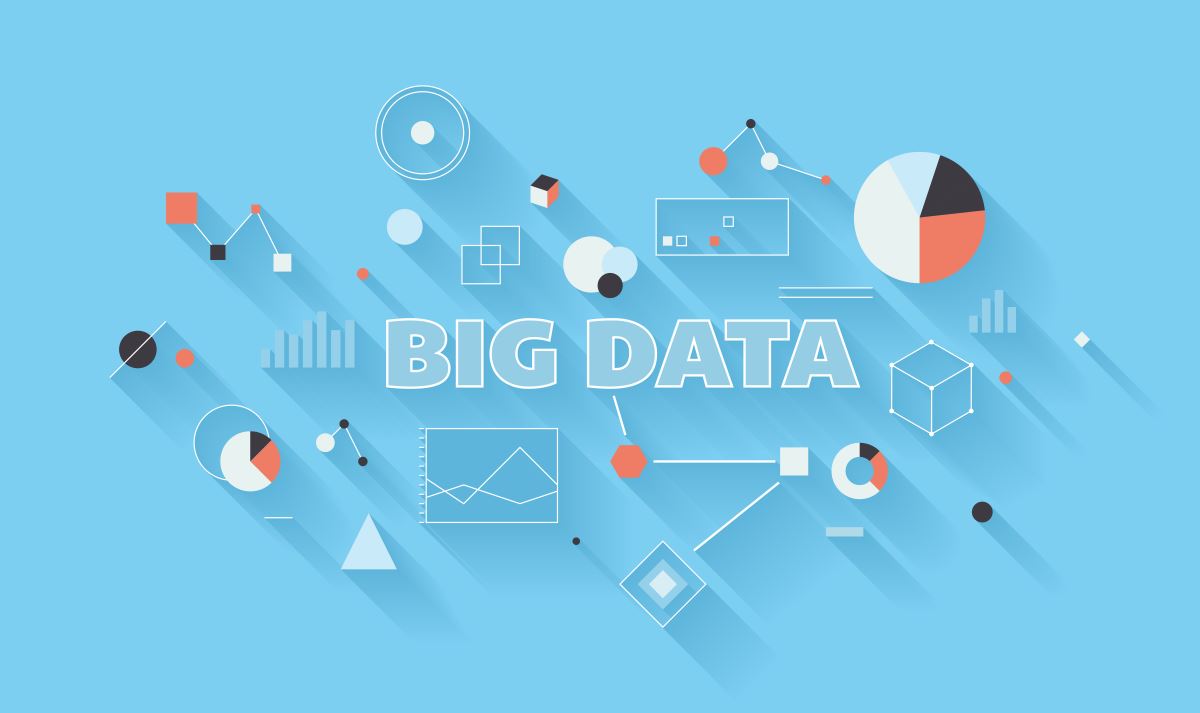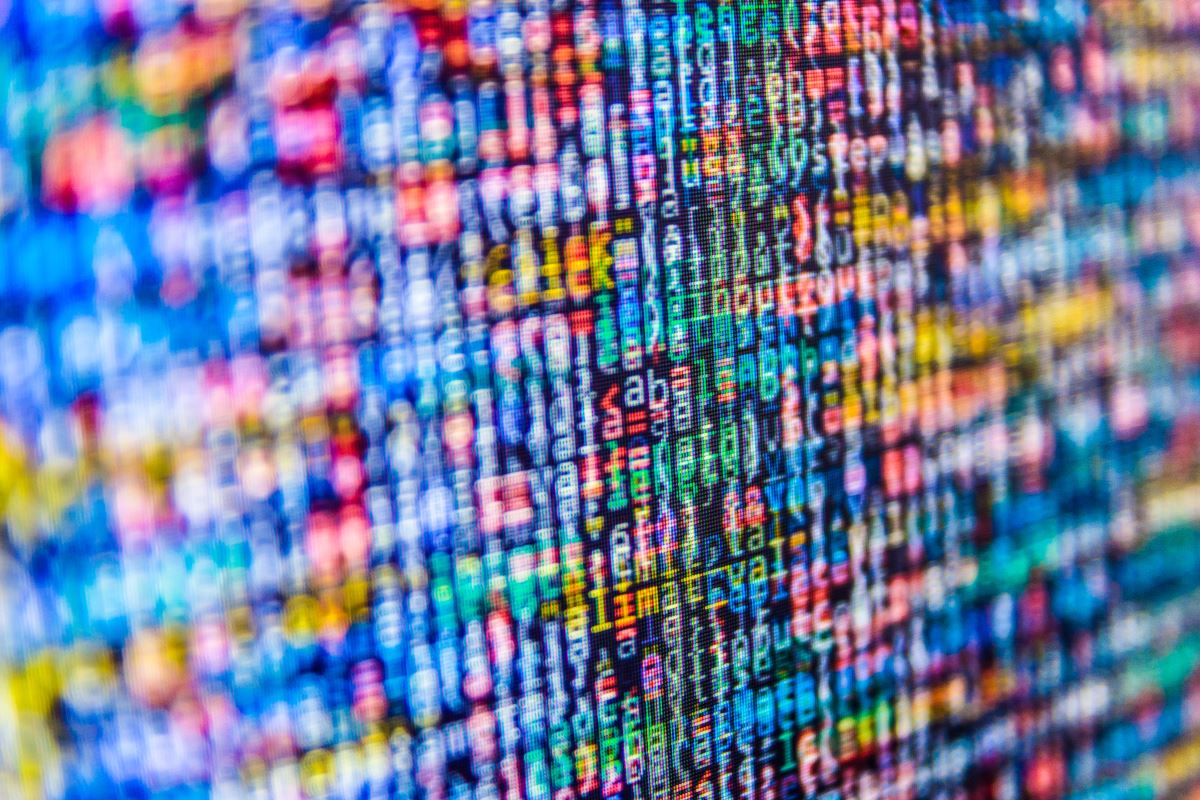Affiliate links on Android Authority may earn us a commission. Learn more.
The IoT data onslaught is coming: can you hide from it?

We’ve been hearing predictions about the Internet of Things for a while now. It’s easy to find research, like this IDC report, suggesting that billions more devices will soon be connected to the Internet. IDC reckons that there are 200 billion devices that could be connected, but only around 20 billion actually are right now. Naturally, that number is expected to grow rapidly over the next few years as cars, dog collars, dishwashers, traffic lights, toys, microwaves, air purifiers, AC systems, and many, many other things get hooked up.
In theory, this will create a huge network with behind-the-scenes analytics filtering enormous amounts of data and using it to make automated decisions. The amount of information being collected will enable some serious profiling to go on, and not everyone is enamored at the prospect. Do the benefits outweigh the risks? We’re not really going to know that for quite some time to come.
What are the potential benefits?
The utopian future that IoT potentially heralds is still kind of murky. There are obvious applications of big data analysis where it can be used to improve efficiency, as it has been for years already in things like traffic light and power grid management. How these things scale down for the individual is not as clear.
Maybe your heating or AC system manages itself automatically, turning on at optimum times based on your established routines, but also catering for unexpected absences or early home times. That could offer some potential saving, though the initial cost for a system like that right now means that it will take years to pay off.
There are lots of potential safety benefits. Systems in cars can help us navigate and avoid problems on the road. They can also automatically contact emergency services in the event of a crash. Going forward with driverless cars, you can imagine a future without accidents as every vehicle is accurately tracked.

Security could also be improved. You can remotely monitor and control your home and devices. Maybe the combination of machines talking to each other can easily establish interlopers and lock them out to prevent theft.
In the health industry, better tracking could lead to alerts when we display the early signs of a problem. Maybe our devices tell us to seek medical help because they’ve picked up on something irregular.
Could the IoT bring that our futuristic fantasies to life? Imagine a morning where your alarm automatically calculates when you actually need to get up, the shower is on, your morning coffee is waiting, and the car pulls round as you open the door. All that’s missing is the robot that dresses you.
The IoT isn’t just about consumers, though. Big business is driving the trend because it sees all sorts of new ways to improve efficiency and better exploit the masses. And as we know, what’s good for big business isn’t necessarily good for the rest of us.

What is there to fear?
Invasion of privacy is probably the top of most people’s lists. Who is going to own and use the data that’s being collected about us? Do you trust these companies to safeguard your data? Who will they share it with and what might they use it for? Taken together, the IoT could be producing enough detailed data to build a precise profile of you.
Two obvious concerns are hackers or cyber-criminals, and the government. If they can get access to your data, they can use it for all sorts of undesirable purposes. Do you want the government to know exactly what you eat, read, and say? Imagine criminals hacking into your TV or security system and watching and listening to you in your own home. Who is going to stop that from happening?
Even if we look beyond obviously illegal uses of our data, there are plenty of big businesses that might use it in morally questionable ways that certainly won’t benefit us. For example, insurance firms would love to get their hands on this kind of data. They can adjust premiums for your actual lifestyle. Businesses might look at your background and ability to pay to determine pricing, or choose what goods to advertise to you (they’re already doing this). You could be discriminated against behind the scenes because of your background, your sexuality, or your interests.
There are wider risks here for society. Will an over-reliance on technology lead to a loss of skills? Will massive improvements in efficiency lead to job losses? The utopian vision would be that we all work less and have more leisure time without a loss in earnings, but who is going to make sure that happens?

How do you stay off-grid?
If you’re worried at the prospect of some of these fears, and you don’t see much potential benefit then how do you avoid the IoT trend? Right now it’s easy. You don’t buy Internet connected devices that track you. But that’s going to get increasingly hard as manufacturers start to put chips in everything as standard. When you come to upgrade or replace devices it will get increasingly difficult to opt out.
Maybe it’s already too late
The mobile phone revolution has been impressively fast. Back in 2007 there were less than 500 million global users, we pushed past the 2 billion mark last year, and a recent report by Ericsson has suggested that there will be 6.1 billion smartphone subscriptions by 2020. That means 70 percent of the world’s population will be using a smartphone, and for most people it will be their primary link to the Internet.
If you’re concerned about the IoT then the smartphone should be top of your list because it’s packed with sensors and capable of tracking your movements and communications in a very sophisticated way. If you have real concerns about privacy then your smartphone should definitely concern you more than the prospect of a connected fridge.
Maybe the IoT trend and big data analysis is inevitable. But what’s not inevitable is the hijacking of the trend for nefarious purposes. If you’re concerned then it’s time to demand more transparency. Big business is always motivated by profit, so voting with your money is a powerful way to ensure that companies are held accountable and adhere to good standards. With the right pressure, it’s possible to secure opt outs, and with the right research, you can find ways to protect your privacy without giving up technology.
Failing that you could always start a machine-smashing revolution from your mud hut in the desert and lead a neo-luddite charge back to the stone age.